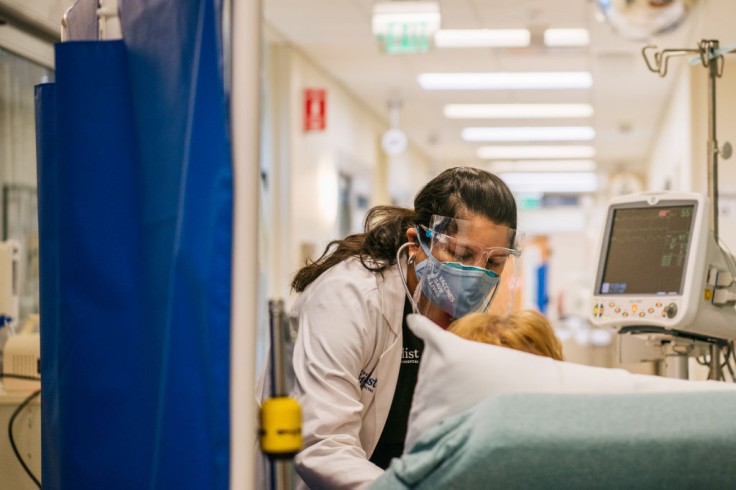
Medical emergencies can be terrifying for moms. However, knowing the best way to respond during these emergencies can make a big difference in your child's recovery.
Shannon Tripp, a pediatric emergency room nurse and a mom of four, shares parenting tips on handling medical emergencies involving kids.
According to Parents, nearly 30 million children visit the ER each year. The visit is often time-consuming and expensive. Having a basic idea of what conditions require an ER visit helps avoid unnecessary trips and expenses.
Tripp shares what parents need to know before sending their kids to the ER:
Watch out for the severity of symptoms
Your pediatrician is the person to go to when doing wellness checks and treating common ailments such as ear pain, fevers, colds, cough, allergies, nausea, vomiting, diarrhea, or behavioral issues. On the other hand, emergency rooms should be reserved for more severe symptoms like difficulty breathing, a decreased level of consciousness, heavy bleeding, a deep wound, severe burns, dehydration, seizures, head injuries, and other related symptoms.
If the situation involves an emergency, it is best to call 911 as they will take your child to the hospital quickly and, if necessary, provide on-the-spot treatment, KidsHealth says.
If the emergency involves neck or spine injury, difficulty breathing, or significant trauma, Tripps recommends calling the ambulance so treatment can be done immediately.
Trust your mother's (or father's) instinct
As a parent, you know your child best. If you have the gut feeling that your child needs emergency care, trust that feeling. Suppose the child is awake, alert, breathing, and is not experiencing uncontrollable bleeding or another life-threatening issue. In that case, the ER nurse recommends calling the pediatrician first to help you determine the following steps to take. The pediatrician will also advise if caregivers must take the baby to the ER.
Note the home treatment
Whenever possible, try to treat the child at home first. If the child is suffering from a painful injury, try giving the child an over-the-counter medicine to ease the pain before heading to the ER. The home treatment may ease your child's discomfort and make the examination like X-rays or scans much easier.
A calm child n the ER allows the medical staff to treat them quickly. Be sure to inform the hospital staff of the medication and the dosage you gave your child before going to the doctor. If in an emergency room, tell the medical staff of allergies to drugs or food, medical history, and the last time your child drank or ate.
Ensure the basic first aid supplies kit is adequately stocked at least twice a year.
According to Consumer Health Day, check your medical supplies if they are complete and up to date. Basic first aid should include:
- Aspirin, acetaminophen, and ibuprofen
- Antibiotic ointment
- Benadryl
- bandages
- Hydrogen peroxide
- Thermometer
- Tweezers
Braving the ER
Emergency rooms are not on a first-come, first-served basis. Medical staff usually assess the patients according to the severity of their symptoms. The sickest patients will be attended to first. If the triage nurse asks you to wait, it is a good sign. Depending on the circumstances, the waiting time is usually 20 minutes to two hours.
Keep calm
Your child is sick and will likely pick up your anxiety level if you panic. For children, the anxiety is sometimes worse than the actual pain. Reassure your child that everyone is there to help and that the medical staff will care for them. Explain to your child the process like getting vital signs or x-rays. The calmer the parents are, the more reassuring it is for kids.
Speak up for your child
As a parent, you know your babies best. Tell the nurses and even the doctors if you think your child is in pain and needs more medical attention. As questions and raise concerns during doctor's visits. Speak for your baby.